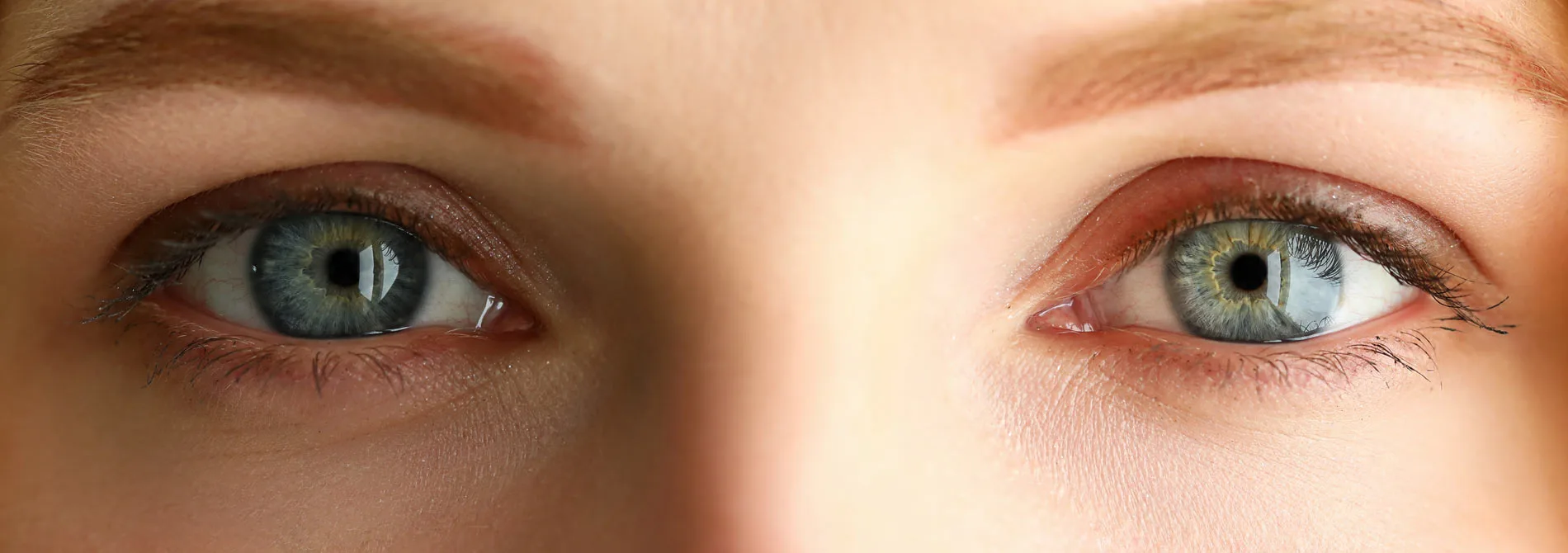“Is Ritalin addictive?” is a question to ask your physician upon receiving a prescription for this medication or any medication. You likely know Methylphenidate under its brand name of Ritalin and its common usage to treat ADHD. The drug provides short-term benefits of heightened energy and focus but has numerous risks. Misusing it can lead to a variety of side effects, more intense potentially for non-ADHD users. Let’s look at some of those side effects and dangers and identify when getting treatment for Ritalin use is necessary.
People who are taking ADHD drugs should be aware of the risks associated with them. Addiction is one of those possible consequences of using more than prescribed or using Ritalin when not needed. Treatment for Ritalin addiction is available at Hanley Center where gender-specific programs allow patients to work on recovery with peers who have similar experiences and needs.
If you or a loved one need help, call our admissions team today at 561-841-1033.
What Is Ritalin?
Ritalin is the brand name for Methylphenidate, a stimulant that affects the central nervous system. While legally prescribed, it can have effects that are similar to cocaine. The drug comes in both tablets and capsules with sustained-release and extended-release versions.
A dose of Ritalin can produce effects lasting several hours. Its half-life in children is roughly 2.5 hours. In adults, its half-life is approximately 3.5 hours. Half-life figures can increase depending on how long a person has been taking Ritalin.
Why Is Ritalin Prescribed?
Physicians prescribe Ritalin for children, teens, and adults who have been diagnosed with attention deficit hyperactivity disorder (ADHD) or narcolepsy. The drug’s purpose is to provide a calming effect on users and help them focus on tasks. Those tasks typically involve school for children, teens, and college-age young adults. For adults, Ritalin may help them remain focused and productive at work.
How Is Ritalin Misused?
Misuse is commonly about using the drug for recreational purposes. It could be someone who’s been prescribed Ritalin using higher doses than needed or someone not prescribed Ritalin who’s using it for its effects on the brain. For students, misusing the drug may be done during periods of time when studying for exams or writing papers is necessary. Misuse also occurs among professionals, athletes, and others who want to increase their productivity at work or within a sport. People misusing Ritalin may snort or inject the drug, possibly without knowing the potential side effects from its abuse.
Ritalin Side Effects and Dangers
Ritalin’s side effects can show up differently in people with ADHD and people without ADHD. For example, someone with ADHD may not experience increased energy when using the drug. However, for people without ADHD, the following side effects from misuse may be more intense.
- Addiction
- Agitation
- Altered heart rate
- Anxiety
- Changes in blood pressure
- Chest pain
- Confusion
- Fatigue
- Hallucinations
- Headache
- Hypersensitivity
- Insomnia
- Nausea
- Nervousness
- Overdose
- Panic attacks
- Paranoia
- Respiratory depression
- Seizures
- Suppressed appetite
- Vomiting
Addiction Risk from Ritalin Misuse
If you’re asking, “is Ritalin addictive?” the answer is yes. As a stimulant, Ritalin’s active ingredient releases dopamine in the brain. Dopamine is responsible for activating the brain’s reward system. In people with ADHD, Ritalin helps keep dopamine at healthy levels. For people without ADHD, an unhealthy amount of dopamine gets released and can contribute to future misuse of the drug.
Signs of a developing addiction may be apparent in someone you know using Ritalin as a prescription or a recreational drug. They may feel unable to stop using it, even if they want to quit. You can also look for signs of addiction in a variety of their behaviors.
1. They start taking Ritalin in larger amounts than prescribed.
2. They experience strong cravings for Ritalin, and their tolerance has increased.
3. They spend a great deal of time getting the drug, using it, and recovering from it.
4. They continue to misuse Ritalin even when they know it’s caused problems for them in relationships as well as mentally, physically, financially, or legally.
5. They experience withdrawal symptoms when they stop using Ritalin or lower the amount taken.
Treatment for Ritalin Addiction at Hanley Center
Treating prescription drug addiction is one of the specialties at Hanley Center. Patients needing help to quit using stimulants first experience a medical detox to move through the withdrawal process safely. During this time, they are monitored and treated for physical and psychological ailments that may include anxiety, depression, and suicidal thoughts.
Treatment programs at Hanley Center based on age and gender allow patients to work on recovery among peers during their stay. The programs are customized to meet the unique needs of each group. For example, the women’s program offers trauma-informed treatment for patients whose prescription drug addiction is connected to unresolved traumatic experiences and a team of female professionals from multiple disciplines provides the care throughout.
Beyond trauma care, other mental health needs can be addressed in a treatment program at Hanley Center. These may be related to undiagnosed depression or anxiety contributing to someone misusing Ritalin or another prescription medication. As part of dual diagnosis treatment, patients can learn new ways to cope with mental health symptoms as they work on sobriety goals to avoid relapsing. Treatment programs are designed with a holistic approach to a patient’s needs and include individual and group therapy, nutrition education, mindfulness training, and continuing care planning for future needs.
Hanley Center is a well-known care provider offering a range of treatment programs targeting the recovery from substance use, mental health issues, and beyond. Our primary mission is to provide a clear path to a life of healing and restoration. We offer renowned clinical care for mental illnesses and have the compassion and professional expertise to guide you toward lasting wellness.




